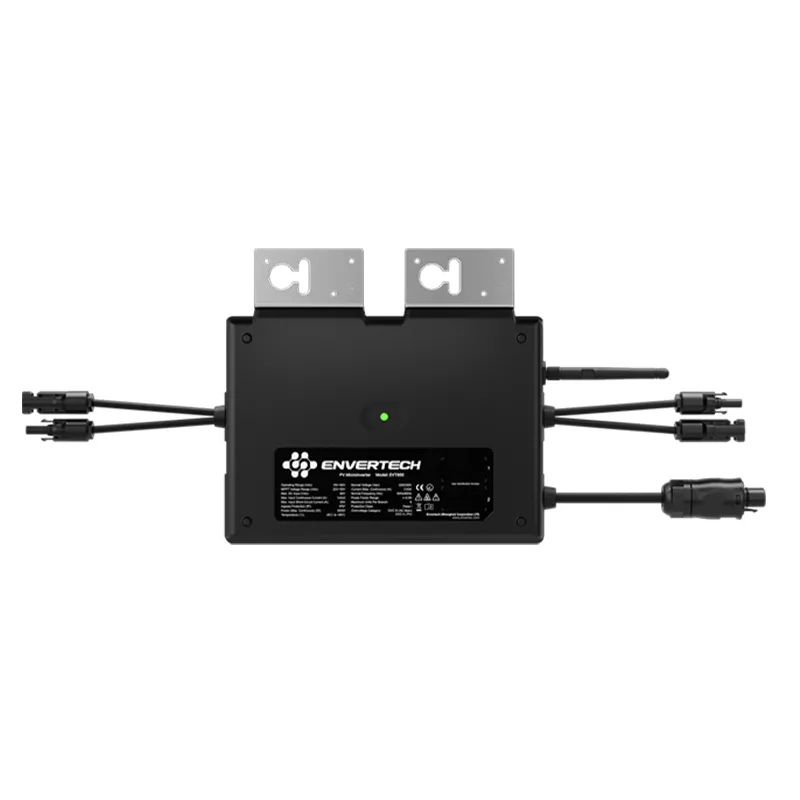How Heat Affects the Efficiency of Solar Panels and Their Overall Performance
The Impact of Heat on Solar Panel Efficiency
Solar panels have emerged as one of the most popular renewable energy solutions worldwide, contributing significantly to efforts aimed at reducing greenhouse gas emissions and reliance on fossil fuels. However, one of the significant factors influencing the efficiency of solar panels is temperature. Research indicates that while solar panels can operate effectively in various environments, excessive heat can lead to a notable decline in their efficiency.
The Impact of Heat on Solar Panel Efficiency
The relationship between heat and solar panel performance can be attributed to the physical properties of the semiconductor materials used in the PV cells. Silicon, the most commonly used material in solar panels, experiences increased resistance at higher temperatures. This increase in resistance means that the electrical output from the solar panels diminishes, leading to a drop in overall efficiency. On average, solar panel efficiency can decrease by about 0.5% to 0.8% for every 1 degree Celsius increase in temperature above the standard test conditions.
solar panels lose efficiency heat

This phenomenon suggests that areas with high average temperatures may not be the most optimal locations for solar energy generation. However, the impacts of heat on solar efficiency are not limited to just high temperatures. It is essential to consider that poor ventilation and inadequate cooling can exacerbate the effects of heat on solar panels. When solar panels are installed in a manner that restricts airflow beneath them, they can accumulate heat, resulting in a further decrease in efficiency.
To mitigate the effects of heat on solar panel performance, several strategies can be employed. One solution is the use of solar trackers, which adjust the angle of the panels throughout the day to optimize sunlight exposure and minimize overheating. Additionally, incorporating reflective materials or coatings can help in dissipating heat more effectively. Another innovative approach is integrating cooling systems that use water or air to cool the panels, although these systems can add complexity and costs.
Moreover, the choice of materials is crucial in improving heat resistance. Researchers are exploring advanced materials such as bifacial solar cells and thin-film technologies, which may offer better performance under higher temperatures compared to traditional silicon panels. By innovating the materials and designs of solar panels, the adverse effects of heat on efficiency can be significantly reduced.
In conclusion, while solar energy continues to play a vital role in the transition toward sustainable energy sources, the efficiency of solar panels is heavily influenced by temperature. Understanding the relationship between heat and performance is essential for optimizing solar energy systems, particularly in regions prone to high temperatures. By employing various strategies such as enhanced panel designs, improved cooling systems, and innovative materials, the adverse effects of heat can be effectively managed, ensuring that solar power remains a reliable and efficient renewable energy source.
-
Understanding the Advantages of Solar String Inverters for Your Energy SystemNewsApr.29,2025
-
Choosing the Right PV Inverter: A Comprehensive GuideNewsApr.29,2025
-
The Future of Solar Power: Exploring Bifacial Solar PanelsNewsApr.29,2025
-
The Complete Guide to Solar Panels: Efficiency, Cost, And InstallationNewsApr.29,2025
-
The Best Options for Efficiency and Cost-EffectivenessNewsApr.29,2025
-
Harnessing the Power of Off-Grid Solar Inverters for Energy IndependenceNewsApr.29,2025







